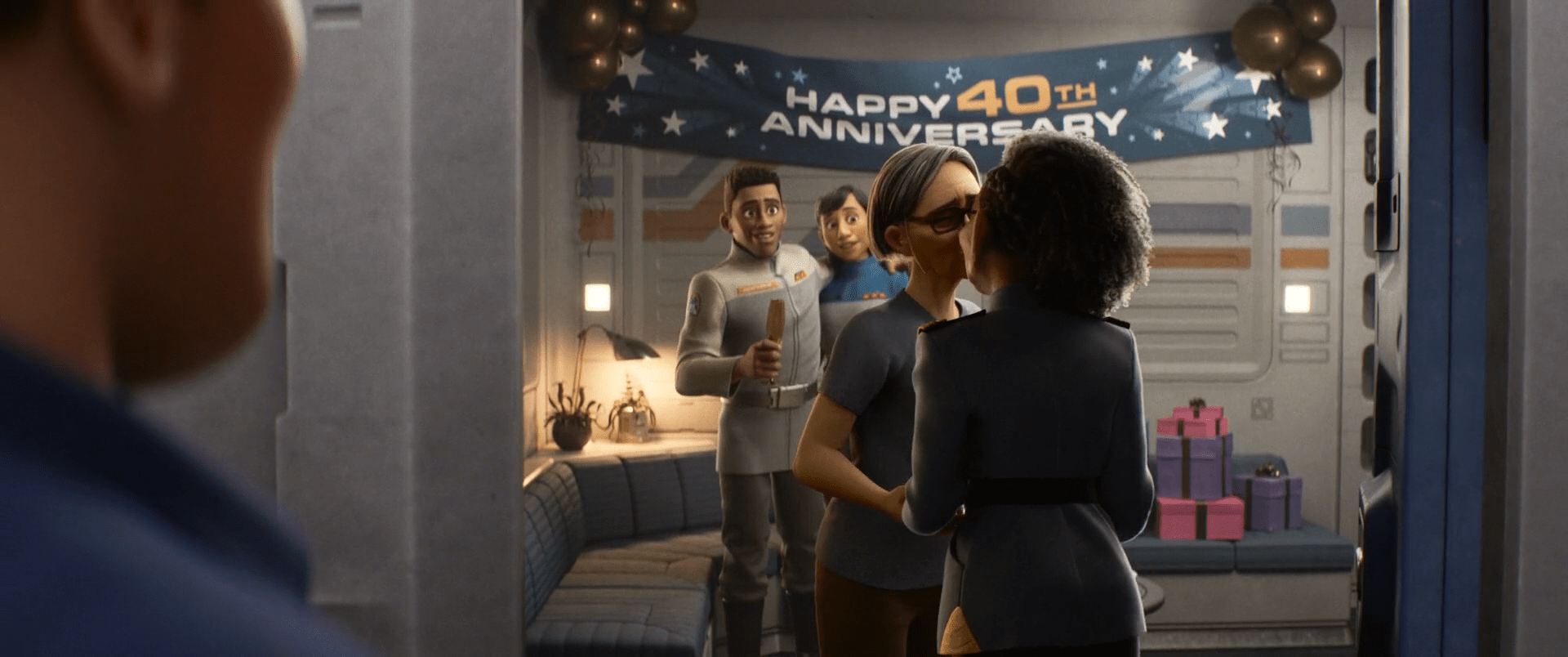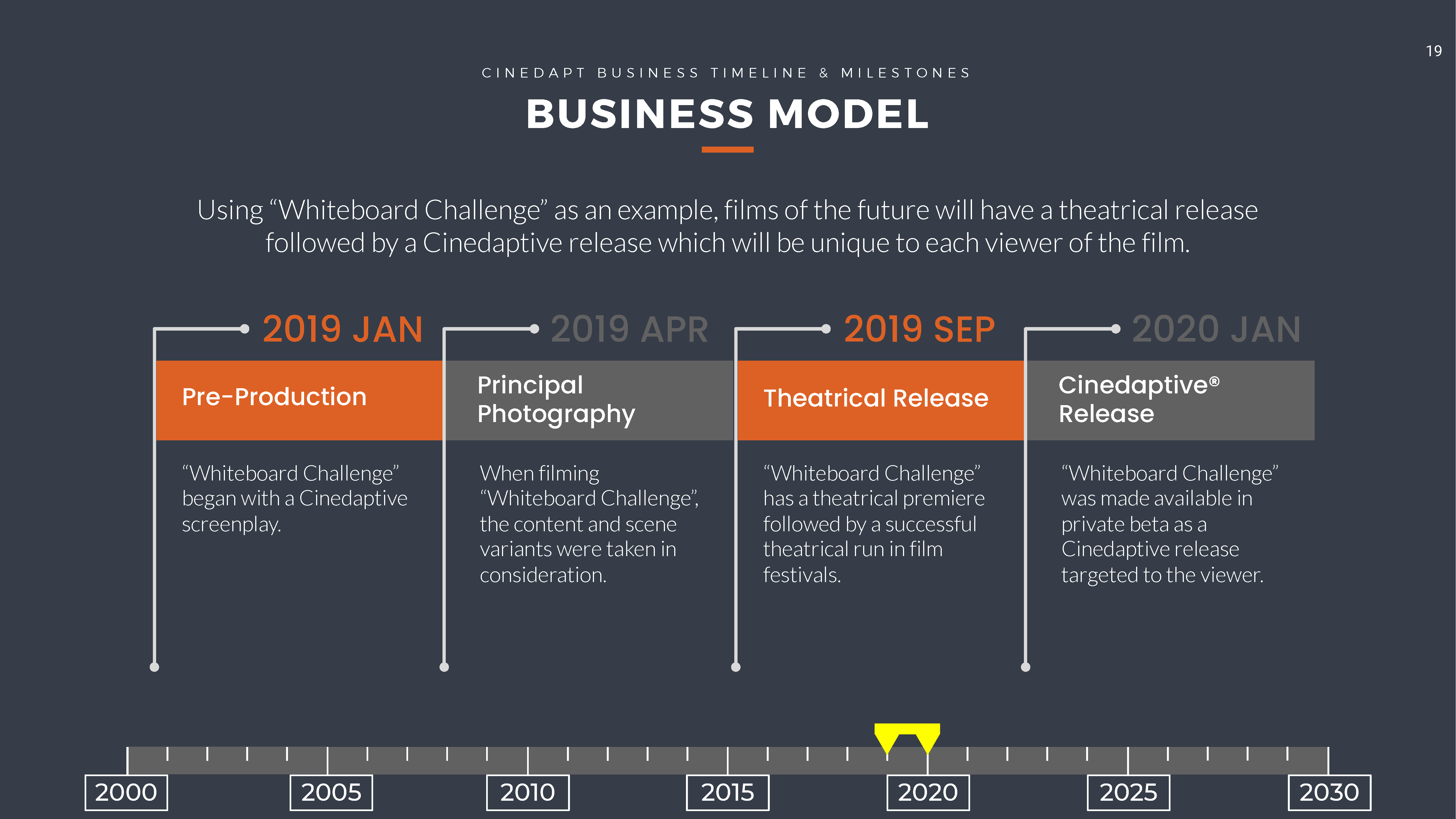"Whiteboard Challenge" Beta
"Whiteboard Challenge®" Beta
The "Whiteboard Challenge®" Screenplay Public Beta is now available! Please note that the "Whiteboard Challenge®" Film Private Beta completed in 2021.
We currently have two active Beta programs:
To register for the Cinedapt Beta, please create an account on our social network Zennect.
What is "Whiteboard Challenge®"?
A Whiteboard Challenge® interview is an employment test intended to screen out a class of individuals with disabilities (Autism, PTSD, Anxiety, etc.) by using a selection criteria that is not job-related for the position in question and is not consistent with business necessity. This practice is a violation of federal law Title 42, U.S.C., 12112 (b)(6).
The main theme of the show is on hidden disabilities with a focus on Autism (ASD). The secondary themes are Women in Tech, Homelessness, or Age Discrimination - depending on the person watching the show.
The pilot episode of the show, Diversity and Inclusion, has 72 primary versions with trillions of variants which gives each viewer a personalized experience. This is derived from the diversity aspect of women in tech, people of color in tech, age diversity in tech, and more. The topics of discussion range from ways to improve the overall process to facts surrounding the current interview process being discriminatory.
Similar to how contestants are judged and voted by the audience on “American Idol”, “Whiteboard Challenge” reflects the interview process by having the viewer or audience judge the outcome based on personal preference.
Through Cinedapt, each of the primary versions of the pilot gives the viewer an empathetic experience by focusing on a specific contestant with targeted messaging towards the viewer. In each version, the viewer is shown how all contestants are equally qualified but through the journey of the interview process can be eliminated due to personal preference outweighing performance.
What problem does this solve?

An estimated $106 million was loss on the film "Lightyear" (2022) with expenses totaling $373 million and only earning $267 million in revenue.
Critics attribute the loss due to the controversial “mom kiss scene” which could have easily been altered with Cinedapt for the user’s own sexual preference. There were only 2 scenes totaling 182 frames (8 seconds) and only 0.12% of the overall film with no other impacted scenes or plot in the film.
Cinedapt offers theatrical distributors a different Digital Cinema Package (DCP) for each region based on demographic data. The home release is then tailored specific to the viewer.
With Cinedapt, the $106 million loss could have been easily avoided and returned a profit.
Cinedapt's proven business model

Cinedapt is a reinvention of the film industry’s production and distribution process. The current minimum viable product (MVP) and business model for Cinedapt touches all areas of production beginning with a new screenplay format. The entire filmmaking process now begins with a Cinedaptive screenplay as a guideline throughout the film’s production and distribution pipeline.
Once the Cinedaptive screenplay is written, filmmakers can export an Edit Decision List (EDL) template from the screenplay for common editing programs such as Apple Final Cut Pro and Adobe Premiere Pro. The filming shot lists, scheduling, budgeting, and other documents are prepared for the pre-production and principal photography phases of film production.
An advantage filmmakers now have with test screenings of a Cinedaptive film is evaluating how well a particular scene or content does for a certain demographic prior to the theatrical release. For example, a different Digital Cinema Package (DCP) can be provided to each theater based on the location. Once released, the viewers will be able to enjoy a more immersive and personalized experience. Analytics from viewers is then taken into consideration when revising future versions of the film.
More details are available in the 2023 Cinedapt Pitch Deck
"Whiteboard Challenge" Timeline
- 2019 JANPre-Production
Cinedaptive Screenplay
- 2019 APRPrincipal Photography
Filming
- 2019 SEPTheatrical Premiere
Premiere of Film in Theatre
- 2020 MARTheatrical Release
Theatrical Release in Film Festivals
- 2021 MARCinedaptive Film Release (Private Beta)
Cinedaptive Film Release to Private Beta for Feedback
- 2023 JULCinedaptive Screenplay Release (Public Beta)
Cinedaptive Screenplay Release to Public Beta
- 2024 JANCinedaptive Film Release (Public Beta)
Cinedaptive Film Release to Public Beta
2019 JAN
Pre-Production
Cinedaptive Screenplay
2019 APR
Principal Photography
Filming
2019 SEP
Theatrical Premiere
Premiere of Film in Theatre
2020 MAR
Theatrical Release
Theatrical Release in Film Festivals
2021 MAR
Cinedaptive Film Release (Private Beta)
Cinedaptive Film Release to Private Beta for Feedback
2023 JUL
Cinedaptive Screenplay Release (Public Beta)
Cinedaptive Screenplay Release to Public Beta
2024 JAN
Cinedaptive Film Release (Public Beta)
Cinedaptive Film Release to Public Beta